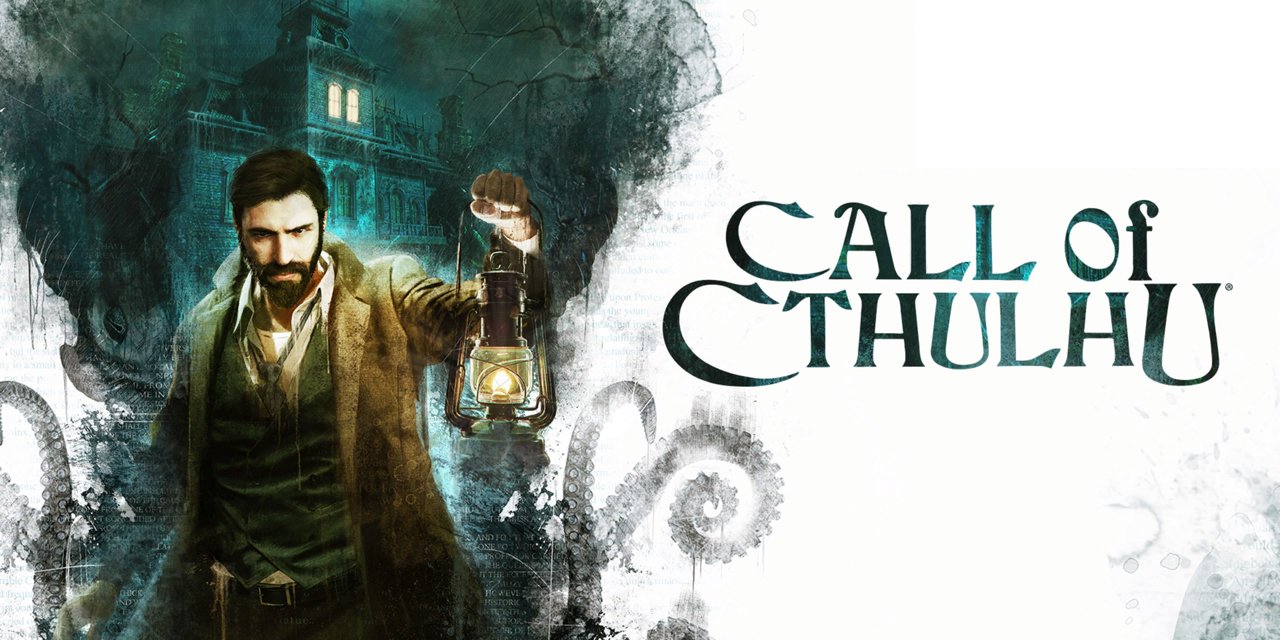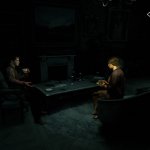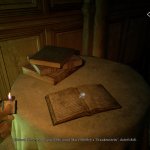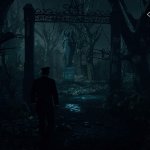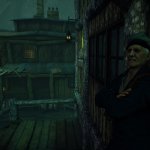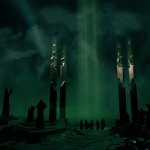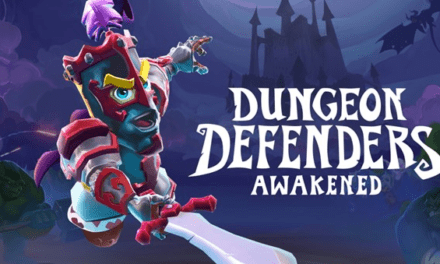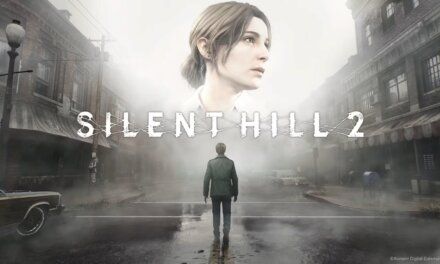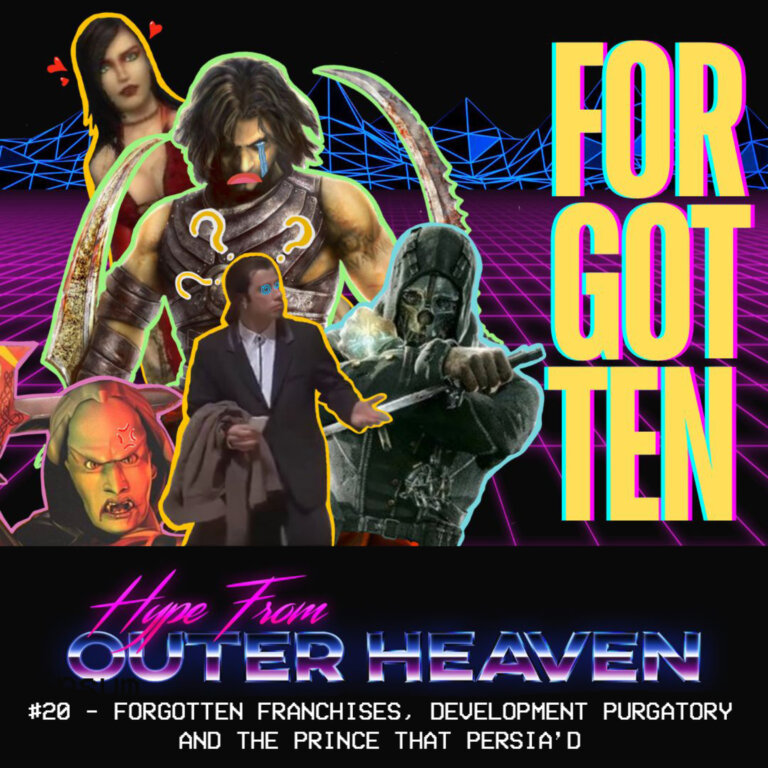“If I am mad, it is mercy! May the gods pity the man who in his callousness can remain sane to the hideous end!” – H.P. Lovecraft, The Temple (1925)
From Focus Home Interactive and French indie developer: Cyanide S.A., comes the video game adaptation of H.P. Lovecraft’s quintessential short story: The Call of Cthulhu (1928) as well as the 1981 pen and paper RPG of the same name. Much like a vision of the Great Old One himself, Call of Cthulhu has been firmly burned in my retina ever since its first trailer was unveiled back in June 2016, leaving me with deep anticipation for the game in the months leading up to its release. As usual I’m going to be covering the time I’ve spent with the PlayStation 4 version of the game, showcasing the positives and deconstructing the negatives, while ultimately discussing whether the game is worth your time and money at the £49.99 asking price.
From the subtle criticisms of our desire to ‘play god’ as a species in Mary Shelly’s Frankenstein (1818) to the haunting vision of defiance against the Catholic Church presented Bram Stoker’s Dracula (1897); horror grounded within literature has always been exceedingly effective of conveying a message (whether blatant or subtle) to its reader, journeying to the darkest corners of one’s psyche. If there’s one author whose fiction manages to explore this concept with eagle-like precision, it would be none other than the godfather of psychological-horror and cosmicism: H.P. Lovecraft. While the man is highly regarded for his fiction and is regarded by many as one of the most important figures of the horror genre in the 20th century, it wasn’t always as such, as all of his stories were published in ‘pulp’ magazines, being virtually unknown until his death in March 1937. Lovecraft’s work primarily explores the genre of Cosmicism, usually featuring elements of the occult as well as seemingly ordinary people losing their minds in the pursuit of forbidden knowledge. Most notable of his works is his 1928 short story: The Call of Cthulhu, which has seen many adaptations over the years from a pen and paper RPG by Chaosium in 1981, a silent film in 2005 as well as multiple video game adaptations.
Billed as a survival horror RPG, Cyanide S.A.’s Call of Cthulhu (2018) is a video game adaptation of both the original story and pen and paper RPG, being closer in scope (gameplay wise at least) to Chaosium’s RPG. The game places you in the shoes of grizzled WW1 veteran turned detective: Edward Pierce, operating out of his office in Boston, Massachusetts. Pierce was severely affected by the war, suffering through an existential crisis while self medicating his nightmares with sleeping pills and alcohol during a slump in his work, until a mysterious case crosses his desk that involves the investigation of the deaths of a established artist and her family. Pierce’s investigation takes him to a dilapidated island called Darkwater just off the coast of Boston, whose inhabitants live in the shadow of their past glory as whalers gained from the ‘golden age’ of Whaling. Pierce’s only lead in the investigation is a painting that apparently sent its creator insane, leading to both her and her family’s eventual deaths; however it’s not long before Pierce realises that something isn’t quite right with the case as well as the island he now inhabits, soon discovering that there is a age-old cult at work in the shadows, attempting to summon the Great Dreamer himself: Cthulhu and bring upon the end of the world.
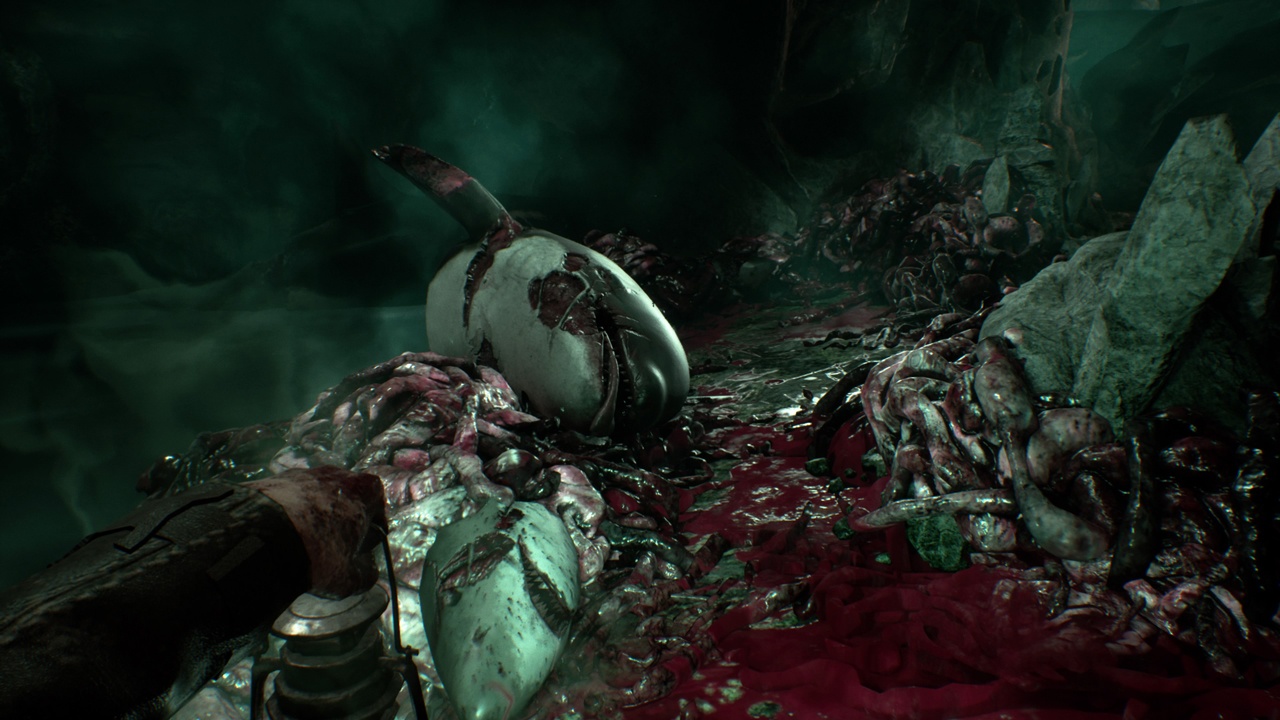
The Great Dreamer: It’s not long after Edward’s arrival on Darkwater Island before things start to take a tonal shift towards the macabre.
In terms of narrative, Call of Cthulhu hits the high points of some of the best horror titles out there, keeping a strong level of both mystery and mysticism over the course of its fifteen hour campaign. While the game is very much grounded within horror, it lends itself more to the thriller/investigation style of storytelling, which blends very well with the game’s atmosphere when mixed in with the sporadic Alien: Isolation-esque horror ‘segments’ featured within. The story takes place over fourteen chapters and finds the troubled detective visit a plethora of locations across Darkwater island, everything from an claustrophobic abandoned manor in the mountains to a psychiatric hospital engaged in unethical experiments; and while the game was initially billed as a semi-open ‘hub world’, it was ditched in favour of a linear level design, resulting in a somewhat tighter narrative experience. However, the connection between missions is somewhat disconnected, as Pierce seems to jump between one place and another in a near instant, taking away from the immersion somewhat. Overall however the story manages to mix a number of unexpected plot twists together with some rock solid atmosphere, mirroring the Lovecraftian mythos effectively, showcasing the fragility of the human mind when it comes into contact with forces beyond its ability to comprehend.
In terms of its general atmosphere Call of Cthulhu hits a home run, making it one of the game’s strongest selling points by a mile, accurately showcasing Pierce’s descent into insanity as he delves deeper and deeper into the Hawkins case. Monitoring Pierce’s sanity level is something that is of upmost importance throughout Call of Cthulhu, as numerous key points throughout the story, moral choices and certain collectibles (all tied to the occultism stat) all allow you to develop a greater understanding of the forces at work in the shadows, while simultaneously being a detriment to Pierce’s mental state. The same happens when Pierce finds himself in enclosed spaces, hiding in cupboards or staring at creatures for too long, the player will actively have to choose when and where they expose Pierce to the occult, making his mental state at the end of the game the sum of all of your choices and actions throughout, acting as a perfect means of exploring the games multiple endings. The game has numerous features that are present in more prolific examples of the horror genre (the mental state is straight out of Amnesia: The Dark Descent) calling out some the game’s artistic choices, making them feel somewhat tacked on, especially so when the horror sections (as excellent as they are) are placed so sporadically throughout the campaign.
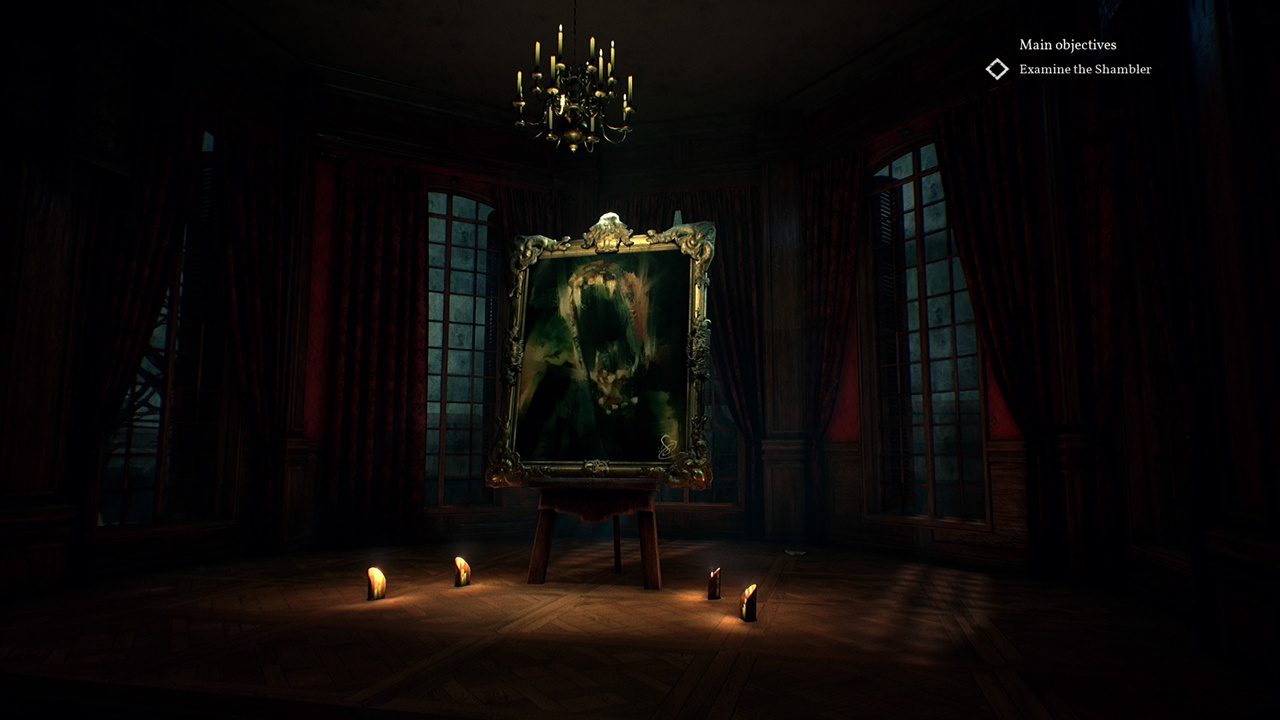
In his house at R’lyeh: Call of Cthulhu’s general atmosphere is rock solid, but the horror elements present are somehow lacking finesse in comparison to more prolific examples of the horror genre.
As aforementioned Call of Cthulhu is a horror title, with excellent sections placed sporadically throughout the story that ramp up the tension tenfold; this however is a small part of a larger problem as Call of Cthulhu suffers somewhat of an identity crisis, having some conflicting gameplay design that fails to work together to give the game an identity of its own. At one minute the game can play like an tension-laden stealth/horror title (think Alien: Isolation) with the next section playing like a detective thriller with exceedingly bad shooter sections (he had that gun on him the whole time?) while having RPG elements (CP points and Character sheets) that were obviously included to make the game feel like the 1981 pen and paper RPG (surprise: it doesn’t). Possibly one of the worst features the game possesses however is the ‘reconstruction scenes’ that pop up whenever Pierce finds himself at a new crime scene/point of interest. The screen gets enveloped in a hazy blue vignette that allows Pierce to comb the area and/or items where something could have ‘potentially’ occurred, only for the game to flat out tell you and show you what happened, leaving all of the deducing and/or mystery completely out, killing the immersion significantly.
It can be hard to escape the feeling that Call of Cthulhu would be a lot stronger with some of the weaker gameplay elements left out, especially when the game is clearly struggling with the type of game it wants to be. However the attention to detail paid to the source material and fantastic art design create a somewhat competent horror title that is oozing atmosphere from every pore; if you’re a fan of Lovecraft or horror in general you won’t be disappointed, as there are definitely worse ways to spend Halloween than playing Call of Cthulhu.
A review code was provided by Indigo Pearl.
Screenshot Gallery

